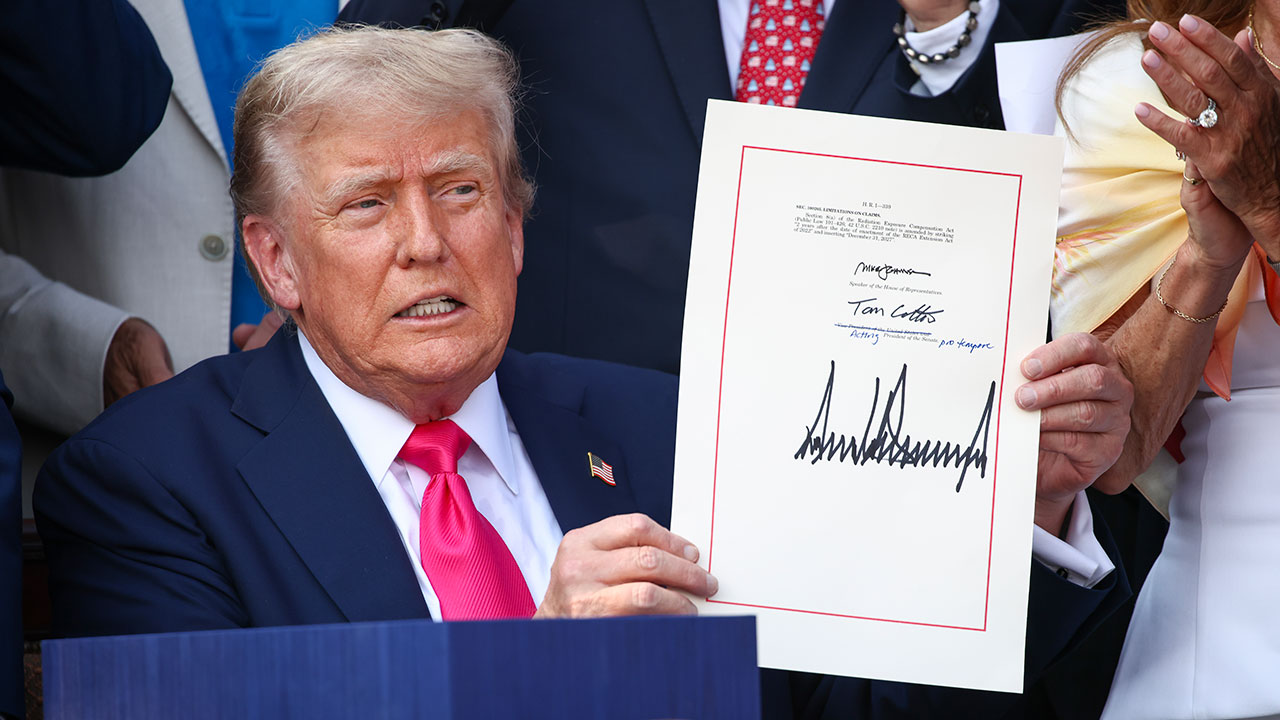Brussels initiates proceedings against Spain over rules that empower the government to halt BBVA’s takeover of Sabadell

Brussels – The European Commission has announced an infringement procedure against Spain for the discretionary powers that several regulations in Spanish legislation grant to the Government to halt operations such as BBVA’s takeover of Sabadell, considering that their scope allows actions beyond the general interest.
The community executive now gives the Government two months to respond to its concerns, which range from the consideration that the transposition of two European laws requires a profound change to doubts about whether the Government’s intervention in the operation responds to a true reason of general interest.
In this regard, community sources have indicated to several Spanish media, including Europa Press, that if there had been any genuine public interest motive, this intervention would not have posed a problem, but they warn that in these banking matters, it was not appropriate to elevate the decision of the National Commission on Markets and Competition (CNMC) to the Council of Ministers, as was done on May 27.
The sending of this letter of summons is the first step of a sanctioning procedure that will allow dialogue between Brussels and Madrid to resolve the differences and that, ultimately, will allow the Commission to elevate the case to the Court of Justice of the EU (CJEU).
However, this process will not practically affect BBVA’s operation over Sabadell, as what concerns the community executive is how Spanish legislation is not aligned with EU law.
Brussels now expects Spain to correct the shortcomings detected in the capital requirements directive and in the law on the organization, supervision, and solvency of credit institutions, which require a fairly profound change, while those affecting the competition defense law need to be properly oriented and utilized.
According to community sources, the first two provisions grant the Minister of Economy a discretionary veto power and the authority to decide on banking operations that may undermine the powers of the European Central Bank (ECB), which are exclusive in this area. (July 17)



















































.png?Expires=1838763821&Key-Pair-Id=K2ZIVPTIP2VGHC&Signature=IO0~CT3pU-TcxGc~yoZSmoQx23MZVuK-~4jSii~NKEblRmyO3el7NXPu~Rh1o23voASg7hlcHLw4kvQuDK1jssEhcjoNBBvEpZ~GGOAU6yosBhpHpeF179F~h7i6VxmsBNh9gtTutkoqY73O2YCFey~IAqSzKbBqETP1kP9cAg1916Z1YkJJs-5MliMrkZ5d7-mWGLbpHp2wGj2VlMph8XzYlL4~y1O7fB~JdIS~Rs4RMRs2x0WT1qUIpHAsf3GdwtOyAmKFSpIg8xCyNGZZ5h~13nXlmpd7uPvW8tBfttpG9pFTqcway-uch5WyfHOEfi7UlJCOWrr6fCYY5PMgSg__)







